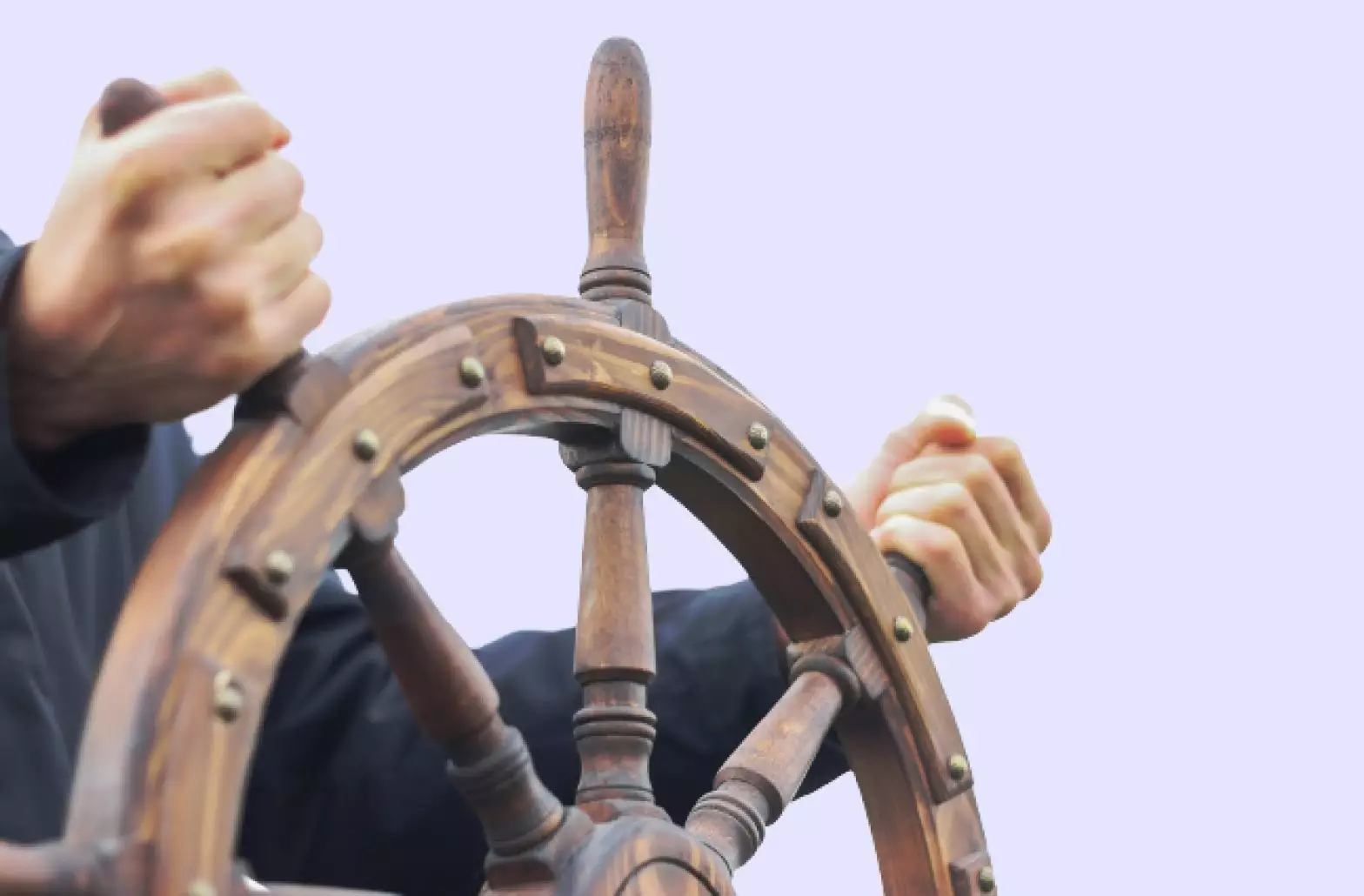
Accidents in marine vessels happen for different reasons, most times due to negligence on the part of vessel owners. However, a lot of unforeseen circumstances can also lead to accidents. This is why it’s best always to practice necessary safety precautions while on board. This is especially important for those carrying heavy machinery, as they can easily be thrown overboard or slip off the board during a storm.
Different cases of injuries from ships and boat accidents have been reported, especially in Florida. However, the good news is that for most maritime-related accidents, victims are allowed to file for and get compensation for their troubles. So if you or anyone close to you has suffered any form of maritime-related injuries and you require an experienced maritime law firm to help you, click here to visit McLeod Brock.
Common Accidents on Tugboats
Although tugboats are small, they are usually strong and congested with equipment. This is mainly because they are used to push other larger vessels. They also pass through narrow waterways, and larger ships can hardly see them.
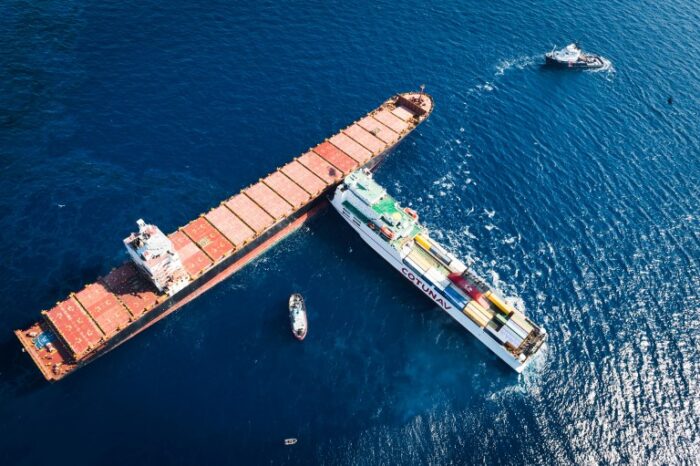
Meanwhile, here are some of the common accidents on tugboats:
-
Vessel collisions
Vessel collision is a very common accident with tugboats. It occurs as a result of inexperienced personnel or unmaintained equipment. Sometimes, it can also be a result of their small size.
-
Capsizing
Tugboats are used to carry larger vessels, which is the major cause of capsizing. Sometimes, it occurs due to operational hazards within the vessel. When this happens, it results in casualties.
-
Mechanical breakdowns
Certain things such as bad equipment, power outage, or broken ladders are major causes of accidents on tugboats. They have led to numerous fatalities while on board.
-
On-board hazards
Some things, such as a slippery surface, can lead to a serious accident; however, they’re often inevitable. Sometimes, this could be due to the carelessness or improper training of personnel and lack of proper warning signs.
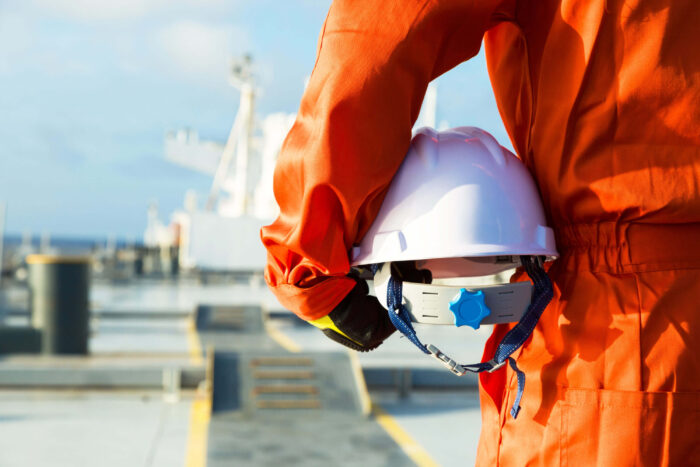
Common Accidents on Supply Boats
Supply boats are vessels used to supply oil offshore. Offshore oil rigs employ different heavy machinery; this is why it is highly risky working there. The crew is at larger risks due to the turbulent environments. The cargo is also highly flammable; hence they are vulnerable to fire attacks and explosions, especially when loaded with oil barrels.
Their locations are also slightly inaccessible, and they travel as far as 100 miles offshore which is highly dangerous.
Here are some of the common accidents on supply boats
- Mechanical asphyxiation
- Drownings and near-drownings
- Electrical shocks
- Amputations
- Death
Common Accidents on Container Ship
Most times, accidents on container vessels are due to negligence on the part of workers. However, they are rare due to the use of modern maritime technology. The most common accidents on container vessels include the following:
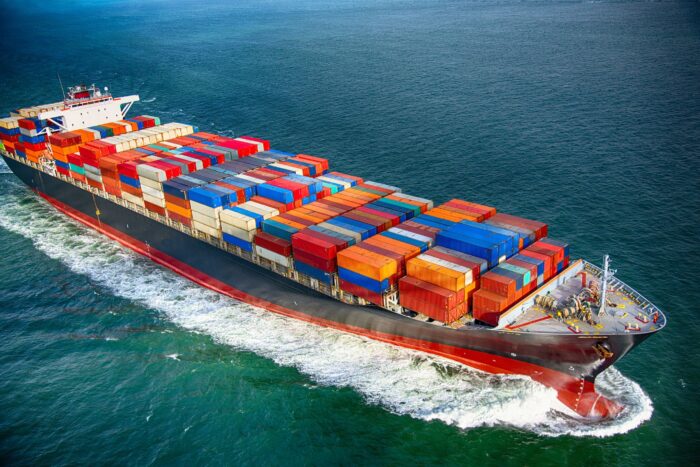
Gangway accidents
Most times, maritime workers use gangways to board cargo ships. However, the Occupational Safety and Health Administration has rules in place to manage risks and ensure safety. There is still a huge chance of gangway accidents; due to improper maintenance or wire rope breakage. When this happens, victims usually sustain fatal injuries.
Shifting containers
Shipping containers that are not firmly fixed are prone to shift and fall. These boxes are always heavy; hence they cause serious injuries when they strike workers.
Fatigue
Maritime workers get exhausted due to the nature of their work. Hence, they experience serious fatigue, which can lead to fatal accidents.
Explosions
Sometimes, fire explosions occur from the use of malfunctioning heavy machinery. It could also be due to the lack of proper maintenance. Also, when flammable materials are being transported without adequate risk management measures, it could lead to serious fire accidents if care is not taken.
Slip and Fall Hazards
If the ship is poorly designed and lacks proper maintenance, workers onboard are proven to slip and fall hazards. Victims of a fall hazard often sustain ankle sprain, torn ligaments, and knee injuries. Some may even die due to head trauma.
Crane Accidents
To improve the efficiency of loading and unloading shipping containers, cargo vessels are equipped with cranes. If these cranes are not properly managed and they break down, they may cause fatal injuries.
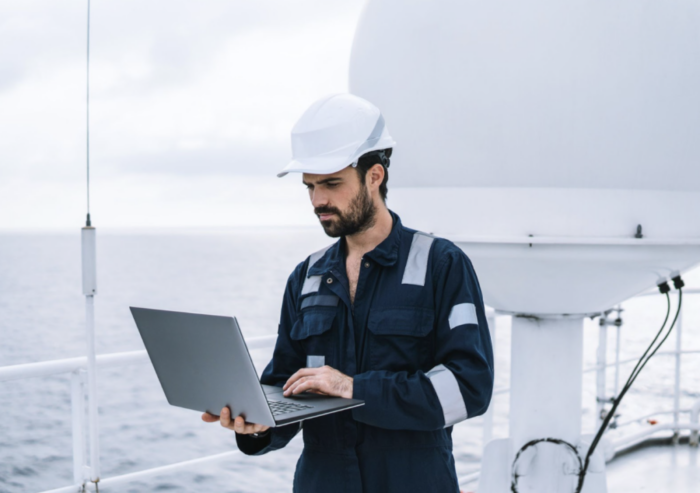
How To Choose the Right Maritime Injury Lawyer
As mentioned above, there are several maritime attorneys available for hire. However, there are some key things that separate the good ones from the poor ones. Some of these includes; knowledge, experience, professionalism, and effectiveness, among other factors.
Experience
It would be best if you chose attorneys that have courtroom experience. This is mainly because not all injury claims will get settled out of court. So if your case ever proceeds to court, your lawyer must be ready to defend your interest. Their experience must also cover safety at work and proper maintenance of machinery.
Office Resources
Office resources such as finance, experienced office staff, and skills are important for a successful case. For your case to be successful, your work and medical history, witnesses, and proof of your injury must be available. So you need an attorney that will ensure these are available at the court.
Client Testimonials and Case Results
Before you choose a maritime attorney, ensure you see the testimonies of previous clients and ask for reviews and results of past cases. This will help you determine if you’re in the right hands. You can check for reviews on their website or make inquiries from friends and families.
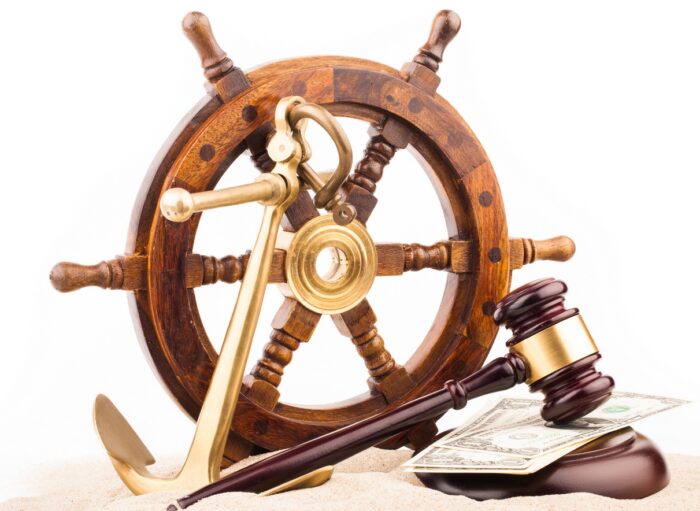
Good Communication Skills
This is an important skill to look out for in the right attorney. A good attorney will never leave you in the dark; they give feedback at every step. To be sure you’re in safe hands, ask different questions and take note of how they reply. It would be best if you also had a clear understanding of their fees and means of communication.
Now that you know why you need a maritime injury attorney, do not hesitate to find one and speak to them if you get injured in a maritime accident. Don’t leave anything to chance.
















